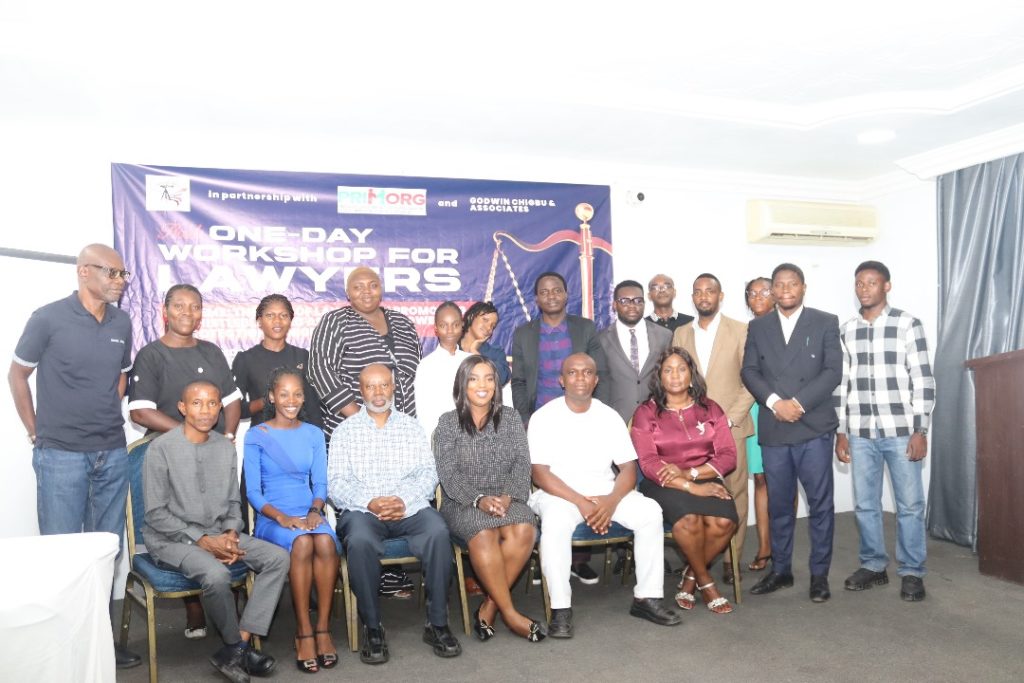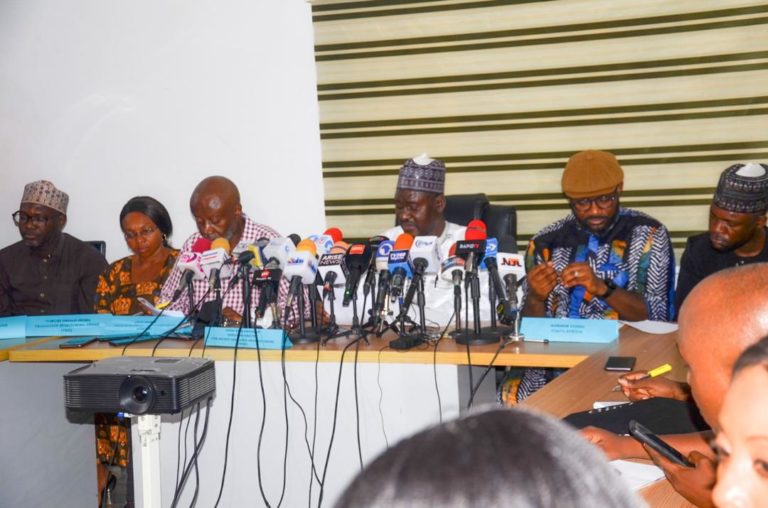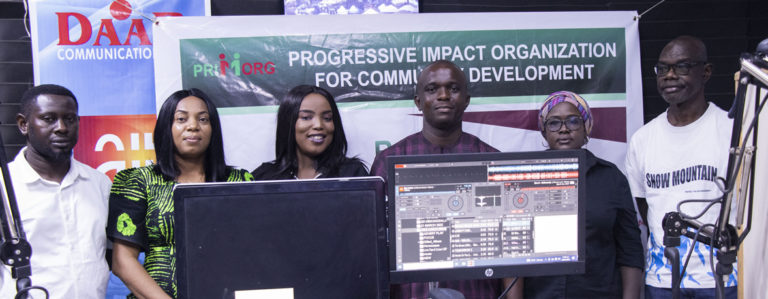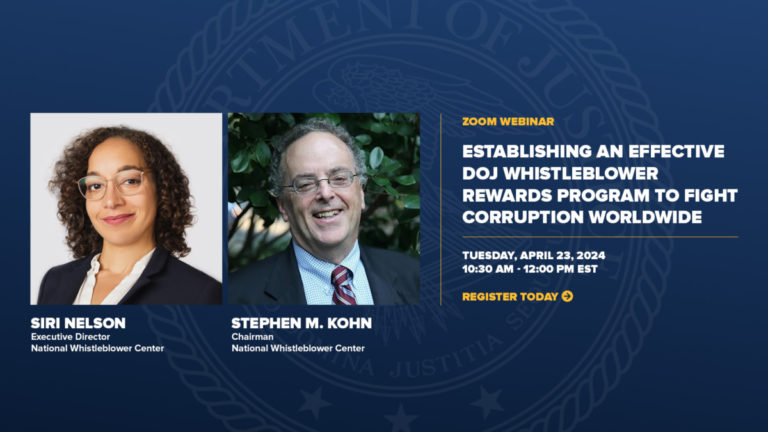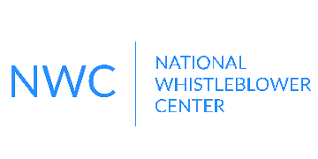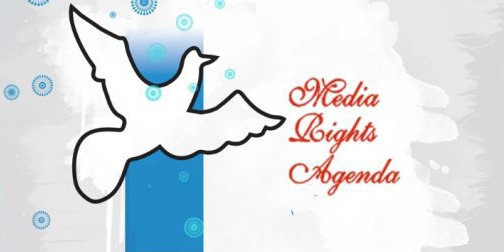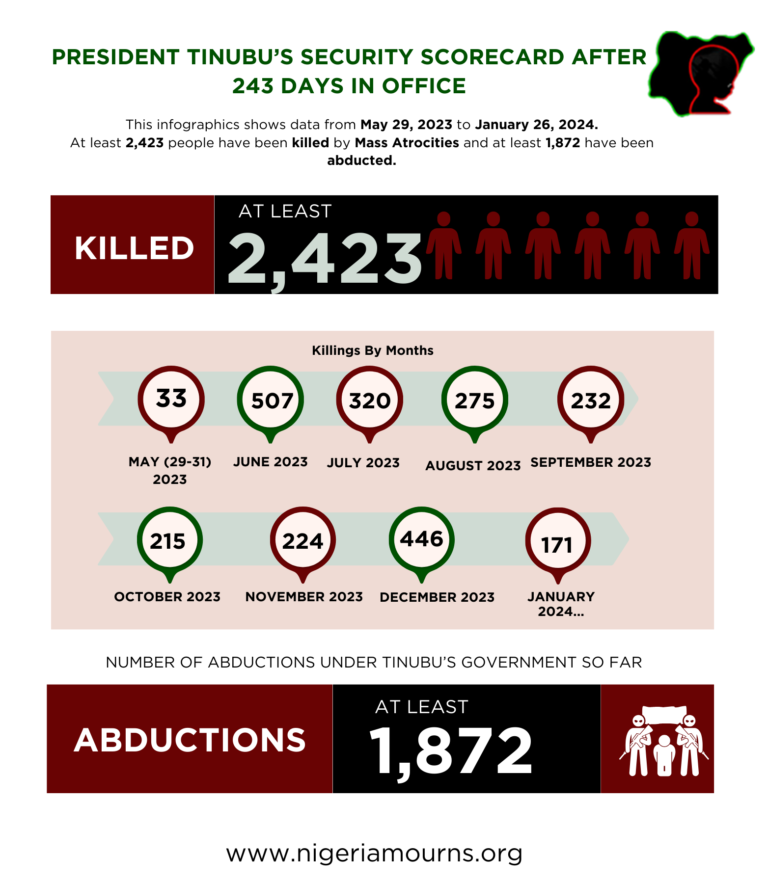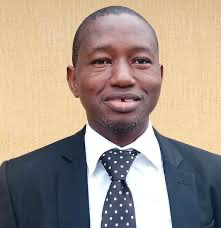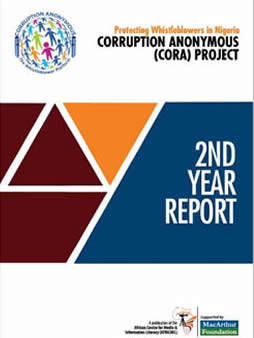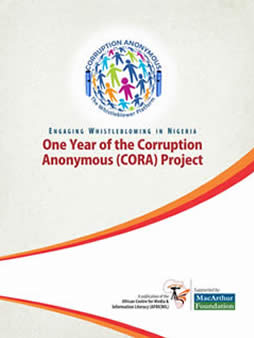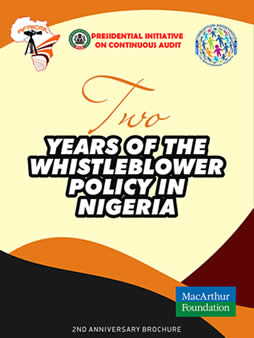By Nnenna Okonkwo
In continuation of its advocacy to popularize whistleblowing as an anti-cirruption mechanism and ensure effective whistleblowerprotection, African Centre for Media and Information Literacy (AFRICMIL), in collaboration with Progressive Impact Organization for Community Development (PRIMORG) andGodwin Chigbu & Associates, organized a one-day workshop for lawyers with bias for public interest litigation in Abuja.
The theme of the workshop is: “The Role of Lawyers in Promoting Whistleblowing and Whistleblower Protection in Nigeria.” It was designed to enhance their knowledge and understanding of the Nigerian whistleblowing policy which the Nigerian government introduced in December 2016 as a deliberate effort to check corruption and wrongdoing in the country.
The coordinator of AFRICMIL, Dr Chido Onumah, in his welcome address, stated that the workshop was a step towardscultivating a team of lawyers who will offer their professional skills in the quest for the enactment of a long overdue whistleblower protection law in the country.
He said the workshop would enrich the participants’ understanding of the whistleblowing ecosystem and its general principles and best practices, in addition to exposing them to the nature and scope of the draft whistleblower protection bill approved by the federal executive council which has yet to be passed into law.
In her goodwill message, Dr Adaobi Obiabunmuo, ProgrammeManager, PRIMORG, appreciated Dr Onumah and every member of the AFRICMIL team for their tireless effort towards the enactment of the whistleblower law. She also emphasized that more lawyers are needed to join the team working tirelessly to push for the bill and advocate for the protection of whistleblowers.
Three papers were presented at the workshop. In the first paper by Abdul Mahmud, Iawyer and President, Public Interest Lawyers League (PILL), he indicated that lawyers play a crucial role in promoting whistleblowing and protecting whistleblowers in Nigeria by providing legal advice, representation and advocacy. Mahmud said that lawyers have the duty of assisting whistleblowers understand their rights and legal procedures involved in reporting wrongdoing.
Lawyers, he said, should also advocate for stronger whistleblower protection laws and assist whistleblowers in navigating potential legal challenges or any retaliation they may face. He noted that Iawyers serve as allies and defenders for those brave enough to speak out against corruption. He also pointed out that some African countries like south Africa, Kenya and Ghana have enacted legislations related to whistleblowing to varying degrees.
Johnson Oludare, Deputy Director, Federal Ministry of Finance, Abuja, in his presentation explained that the whistleblowing policy is an essential aspect of checks and balances system in the society. He further stressed that the policy reveals uncomfortable truths while allowing societies and companies to get raw, untainted feedback. According to Oludare, one of the major challenges facing effective implementation of the policy the challenges the absence of a legislation, and the fact that nigerians are yet to take total ownership of the fight against corruption.
In his closing remarks, he urged the public and civil society members to take ownership of the policy and drive it. He warned that without citizens willingly supplying useful information to competent authorities, the policy operators and investigators may not be aware of the criminal activities happening under their nose and the society will be the worse for it. He also urged every participant to say something when they see wrongdoing being perpetrated in their environment and break the culture of silence.
Godwin Chigbu, also a lawyer and Principal Partner, Godwin Chigbu & Associates, in his presentation on the review of the whistleblowing bill, stated that the principles of the operation of a proper whistleblower regime which included confidentiality, stand-alone legislation, remedy for reprisal victims, amongst others. He also gave a detailed structure of the bill which includes but not limited to appointment of the director and other staff of the national office, referral of disclosure, reward and compensation, offences and penalties, amongst others.
The workshop featured questions, answers and observations from resource persons and participants. Participants came out richer with a resolve to work towards a stronger whistleblowing and whistleblower protection regime in Nigeria.

